Latest news
Search news stories
Enter a keyword to search news.
TIISA 2020 Annual Conference
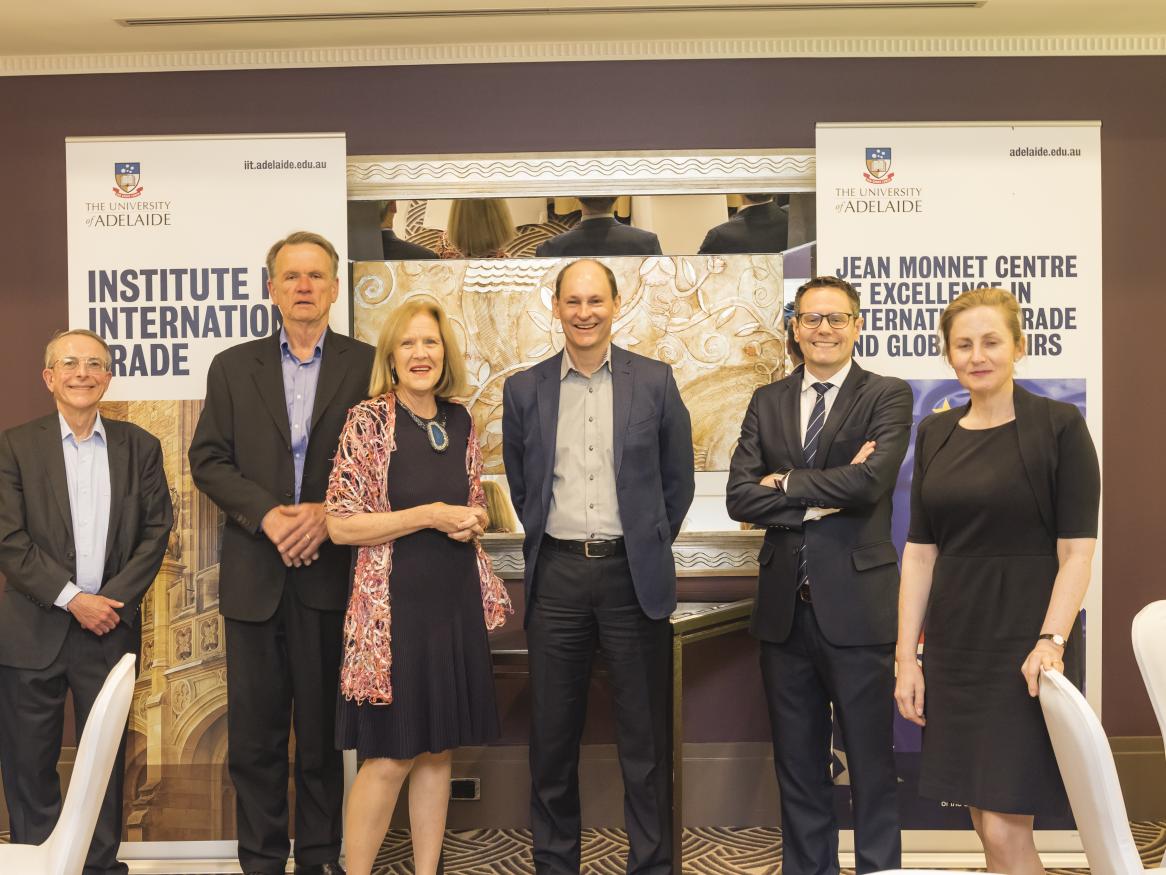
Co-hosted with University of International Business and Economics' China Institute for WTO Studies and the University of Adelaide's Institute for International Trade (IIT), TIISA hosted the 2020 Annual Conference & PhD Workshop. Working together, IIT and UIBE provided an accessible way for the Jean Monnet Network on Trade and Investment in Services Associates to come together as a research network to conduct an online annual conference format. Hybrid face to face and online options were made available. To view all webinars and presentations, click on read more.
TIISA 2020 PhD Workshop: Trade & Investment in Services
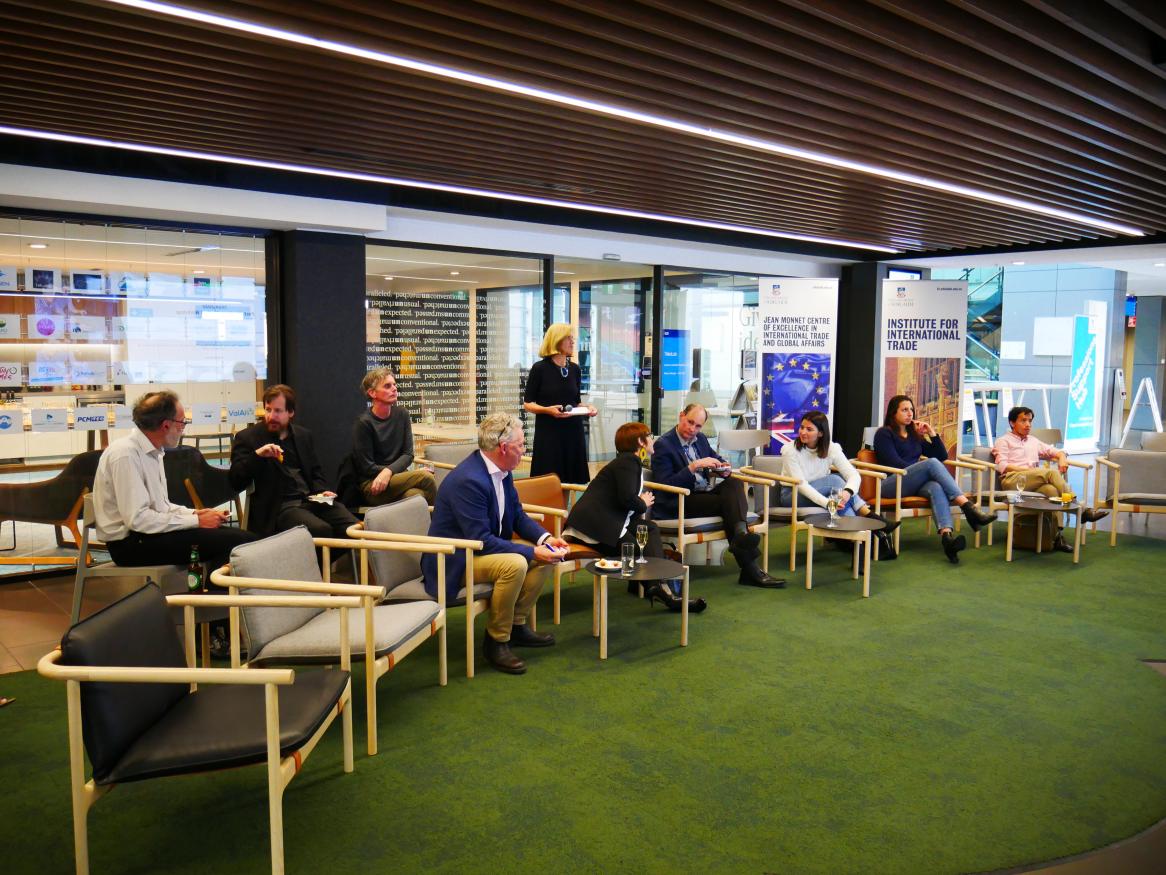
Leading services experts from across the globe, along with Post Graduate students worldwide came together in TIISA's 2020 first online PhD Workshop. Discussions and presentations in relation to the impact of "servicification". Day 1, Post Graduate students from Central University of Finance and Economics, China, Australian National University, The University of Adelaide took part . Day two saw the launch of "Online Teaching Masterclasses" lead by Professor Jane Drake-Brockman. To view all presentations click 'read more'.
[Read more about TIISA 2020 PhD Workshop: Trade & Investment in Services ]
In Conversation with Europe - EU Diplomats visit Adelaide
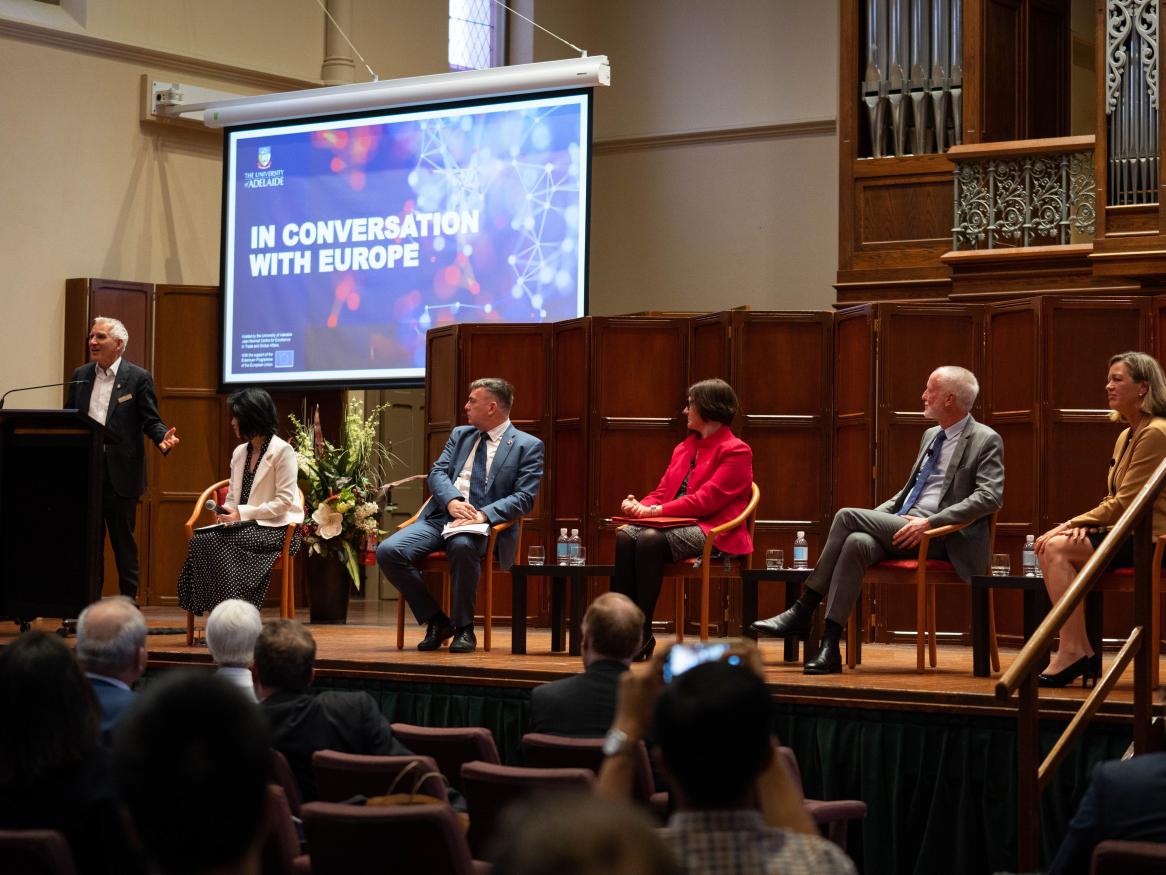
On 21-23 October a group of twenty-two EU ambassadors and heads of mission came to Adelaide. They visited various businesses in the state and met Premier Steven Marshall to discuss how to further expand European connections with South Australia. On the evening of Thursday 22 October, The Centre of Excellence
co-sponsored a public panel discussion in the University of Adelaide’s Elder Hall which was followed by a dinner at the National Wine Centre.
[Read more about In Conversation with Europe - EU Diplomats visit Adelaide ]
TIISA Young Scholars Award - Round 1
TIISA is pleased to announce the prize winners of our recent Young Scholar Awards.
United States Trade Policy Under a Biden Presidency: Challenges and Opportunities
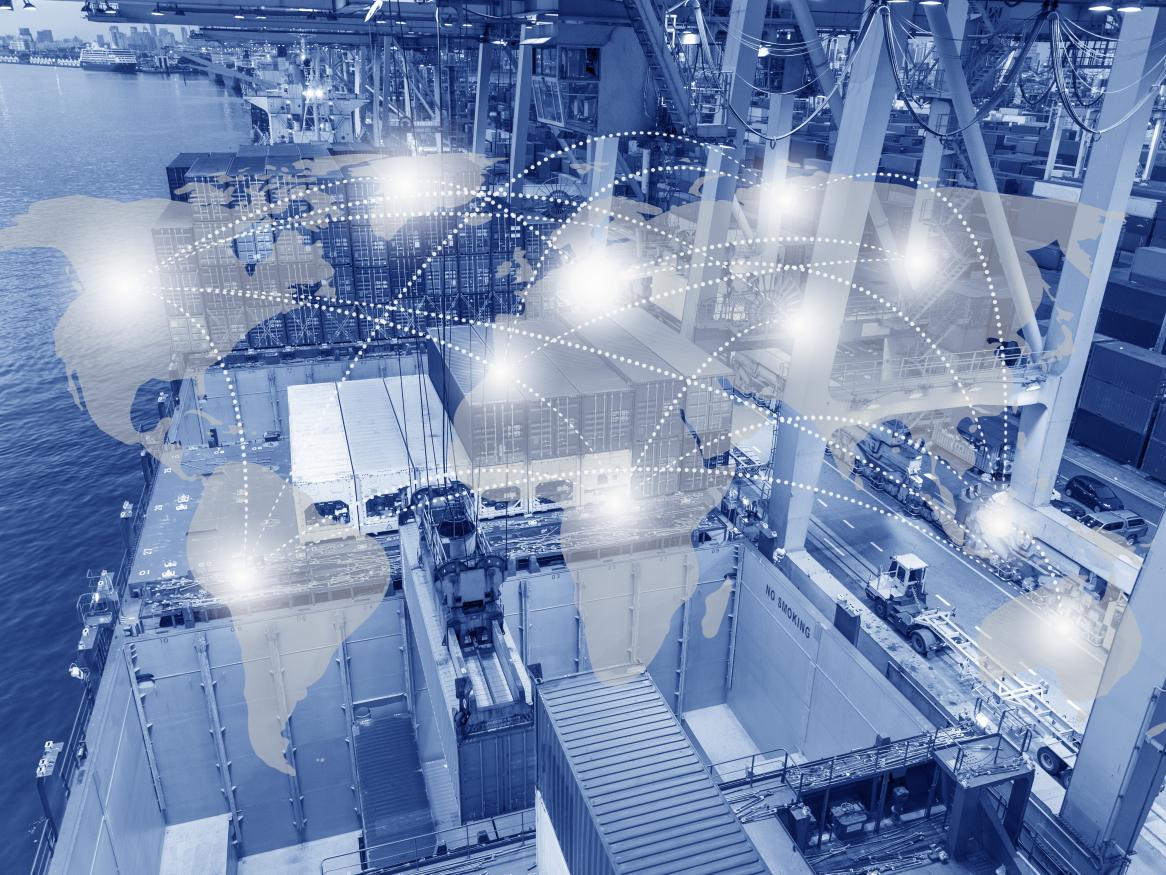
Visiting Fellow Milton Churche. Milton Churche left the Australian Department of Foreign Affairs and Trade in 2018 after working on trade policy since 1987.
The Trump administration has called into question the value of trade agreements, including of the World Trade Organization (WTO), abused the concept of national security to justify openly trade protectionist actions, invoked “trade wars” as legitimate policy tools to advance national objectives, and moved in the direction of managed trade. Would a Biden presidency bring a decisive change in direction on US trade policy?
[Read more about United States Trade Policy Under a Biden Presidency: Challenges and Opportunities ]
Research Grants Round 2 - Successful Applicants
Jean Monnet Network: Trade & Investment in Services Associates (TIISA) announces Research Grants - Round 2
[Read more about Research Grants Round 2 - Successful Applicants ]
TIISA 2020 PhD Workshop: Trade & Investment in Services
The Institute for International Trade in partnership with China Institute for WTO Studies, University of International Business & Economics, Beijing, invites you to join us as we co-host the TIISA 2020 PhD Workshop - Trade & Investment in Services.
[Read more about TIISA 2020 PhD Workshop: Trade & Investment in Services ]
TIISA 2020 Conference - Trade & Investment in Services: Servicification
The Institute for International Trade in partnership with China Institute for WTO Studies, University of International Business & Economics, Beijing, invites you to join us as we co-host the TIISA 2020 Conference on Trade & Investment in Services: Servicification
[Read more about TIISA 2020 Conference - Trade & Investment in Services: Servicification ]
Where does the EU’s Eastern Expansion end?
Richard Pomfret, Professor of Economics & Jean Monnet Chair Economics of European Integration, the University of Adelaide.
Until 1989 the eastern border of the EU was set by the Cold War. Since the end of Communism in Eastern Europe in 1989 and the dissolution of the Soviet Union in 1991, sixteen countries have joined the EU and the border has shifted many hundreds of kilometres to the east. Apart from the three Baltic countries, the EU’s eastern frontier is now the border of the Soviet Union established in 1945.
[Read more about Where does the EU’s Eastern Expansion end?]
Australia-UK relations and the CPTPP
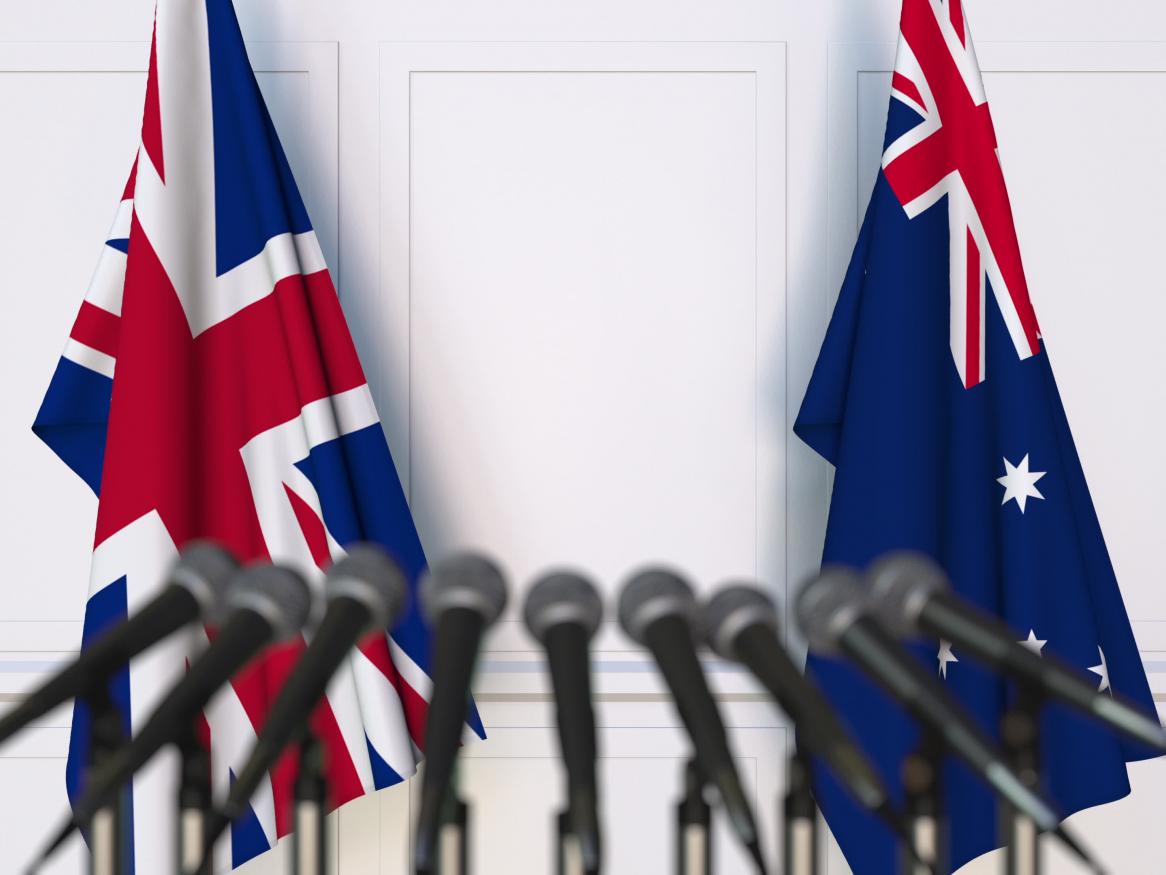
Richard Pomfret, Professor of Economics & Jean Monnet Chair Economics of European Integration, the University of Adelaide.
On 17 September Jean Monnet Chair Richard Pomfret participated in an online discussion on Potential Benefits Of An Australia-Uk Free Trade Agreement with Elisabeth Bowes, Chief Negotiator, Regional Trade Agreements Division, Department of Foreign Affairs and Trade, and Vivien Life, Director Asia and Australasia Negotiations within the UK Department for International Trade. The webinar was chaired by Peter Draper, Executive Director of the Institute for International Trade at The University of Adelaide.
This work is licensed under Commons Attribution-NonCommercial-NoDerivatives 4.0 International License.
IIT is a global leader in researching, analysing and commenting on International Trade.
Stay informed about our up-and-coming seminars, events, publications, awards, new projects and collaborations, and other exciting news.
